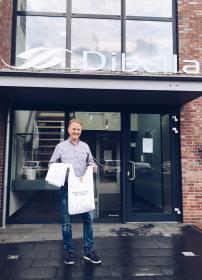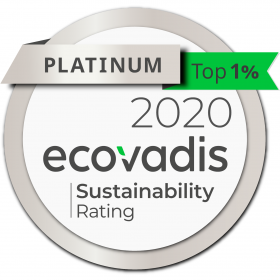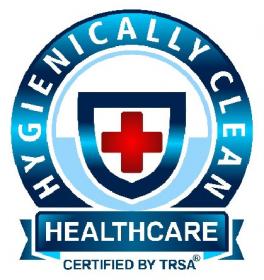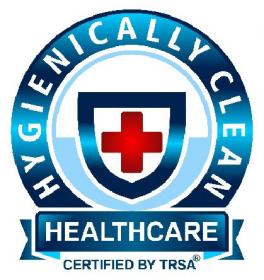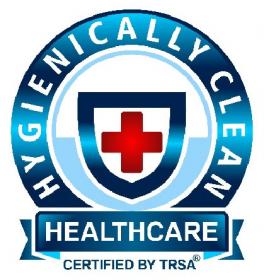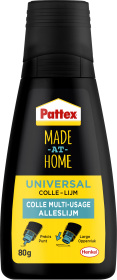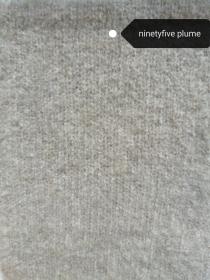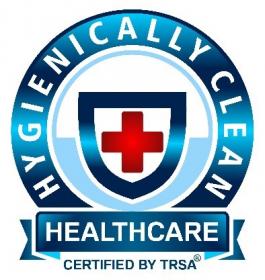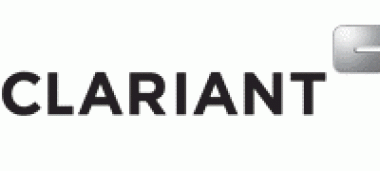Beirholms Væverier/Dibella/Reused Remade: Partnership to enable circular textile flows
Leading suppliers of hotel textiles in Europe, the Danish company Beirholms Væverier and the German/Dutch company Dibella, begin circular collaboration with Swedish Reused Remade, known for its climate-smart textile bags made of reused hotel bedlinen. Together, they will extend the life cycle of hotel textiles and contribute to the circular economy by upcycling discarded textiles from laundries turning them into new textile bags for the retail market.
In Europe, millions of tons of hotel bed linen are discarded each year and can no longer be used in the hotel’s operations due to wear and tear. Thanks to Reused Remade's patent-pending method of up-cycling hotel bed linen into climate-smart textile bags, enormous amounts of natural resources are saved. Because the textiles are reused, as opposed to being downcycled, as is usually the case today, this partnership offers a climate-friendly alternative to today’s disposal of discarded textiles.
By 2025, all EU member states will have introduced an extended producer responsibility for textiles (EPR for textiles). This will place demands on the industries concerned to jointly find smart solutions and contribute to the transition to a circular economy. Beirholm and Dibella both have a strong focus on sustainability and are constantly looking for new and smart solutions for their customers' discarded textiles. The purpose of this partnership is to enable more laundries in Europe to join Reused Remade's circular solution with climate - smart textile bags made of reused hotel bed linen.
With an impressive growth journey since its inception in 2016, Reused Remade’s climate-smart textile bags for everyday use can now be found at prominent Nordic and European retailers such as Edeka, Clas Ohlson, Ica, and Systembolaget.
"The goal for 2021 is to collect 300 tones of hotel bed linen in order to meet our customers demand. It feels fantastic to be able to collaborate with Beirholm and Dibella, whose values about sustainability we share. We see that together we can make a big difference to our environment, our climate and our common future", say Pia Walter and Josephine Alhanko, founders of Reused Remade.
Please read the attached document for more information






